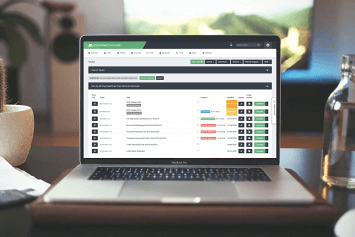The government is making changes to insolvency and company law as a result of the COVID-19 pandemic.
The Corporate Insolvency and Governance Bill outlines that struggling companies will be given extra time to consider rescue plans presented to them. As part of the changes, companies will have 20 business days to consider a rescue plan, which can be extended to 40 days at the discretion of creditors or the Court.
The Bill stipulates that a company will remain under the control of directors; however, the insolvency process must be overseen by a licensed insolvency practitioner.
Additionally, restructuring plans have been introduced in the Bill, which will bind creditors and allow the insolvency process to adjust as the COVID-19 pandemic changes.
Colin Haig, President of insolvency trade body R3 said:
‘This Bill represents the biggest change to the UK’s insolvency and restructuring framework for almost 20 years.
‘The measures contained in this Bill will support the profession’s efforts to help businesses navigate the enormous economic damage caused by the pandemic.’












